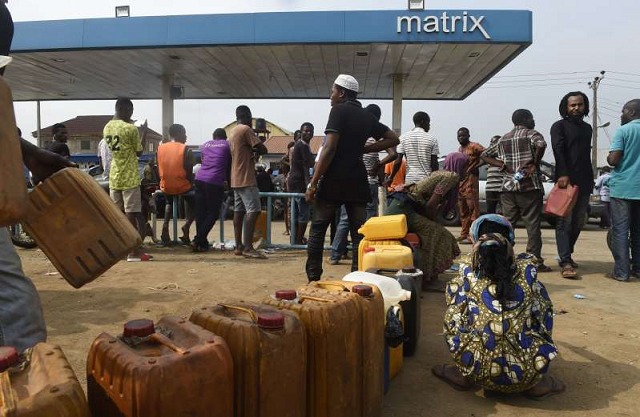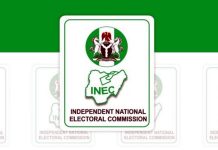Several filling stations in Abuja, neighbouring states, and Lagos, have refused to sell petrol to consumers, a development that signaled fuel scarcity in the country.
The refusal of some filling stations to sell fuel has led to anxiety and confusion, as oil marketers were still unsure about moves to halt petrol subsidy, considering the fact that the government had projected in 2021 that it would stop it in February 2022.
It was however gathered that some members of the Nigerian Association of Road Transport Owners (NARTO) had discontinued operations in protest against the low freight rate for petrol which they receive from the government.
Confirming the development, the National President, NARTO, Yusuf Othman, told journalists in Abuja that “our people have parked their trucks and more people are going to park (theirs).”
The National President, Independent Petroleum Marketers Association of Nigeria (IPMAN), Chief Ukadike Chinedu, also stated that the fear over subsidy withdrawal had been in the minds of both private depot owners and some retailers, leading to product shortage at filling stations.
“I’ve explained to you that DPOs are studying the situation around subsidy since the government has been making various statements on this matter and this has its way of affecting the market,” he revealed.
Blaming the scarcity of fuel on panic buying by consumers, and disruption of the oil commodities by suppliers, the IPMAN revealed that “they (government) said they want to fully deregulate.”
“That statement and similar ones which some ministers made that by 2022 we are going to start full deregulation, made some PDOs decide to hoard or withhold their products.
“They (PDOs) are doing this to be able to match up with the cost of petrol when it rises above N300/litre upon full deregulation. Now, this became a bottleneck in terms of the chain of demand and supply.
“So people who were taking petroleum products out of Lagos from the PDOs stopped a little bit to be able to look at the market value and their cost of logistics,” he added.
BizWatch Nigeria understands that going by Petroleum Industrial Act (PIA), which President Muhammadu Buhari had signed into law, the fuel subsidy regime in the country was supposed to come to an end in February 2022.
Announcing the suspension of the subsidy removal, the federal government proposed to extend the subsidy removal implementation period by 18 months, saying it would engage the legislature for the amendment of the Petroleum Industry Bill.













